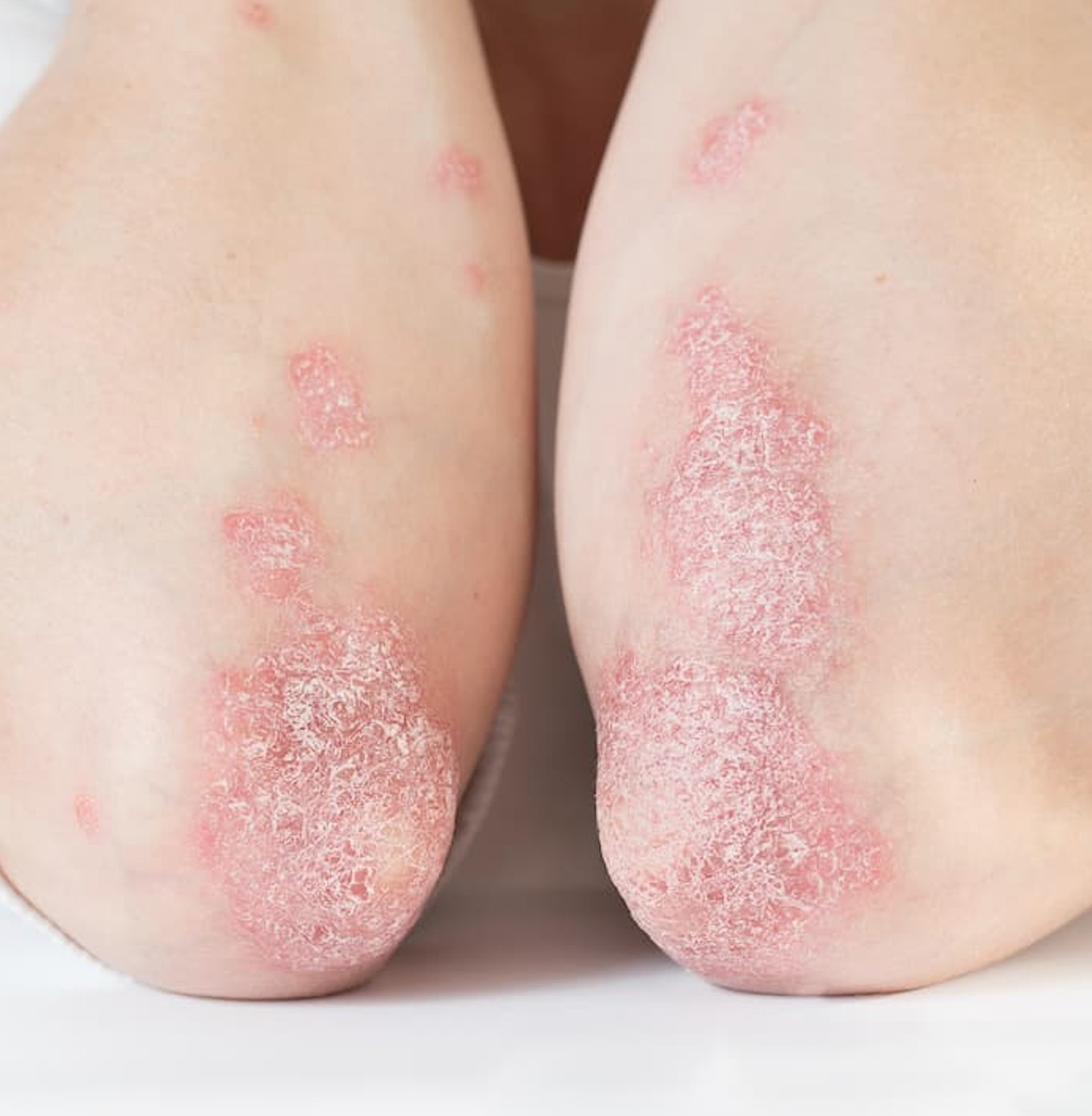News
Article
Risankizumab Treatment Demonstrates Superior Efficacy in PsA Over 24 Weeks
Author(s):
At week 24, patients with moderate to severe PsA receiving risankizumab had a significantly higher ACR20 response rate when compared with placebo.
Credit: Adobe Stock/SNAB

Treatment with risankizumab was shown to have superior efficacy across multiple outcome measures, including minimal disease activity (MDA), the Psoriasis Area and Severity Index (PASI) score, and the Health Assessment Questionnaire Disability Index (HAQ-DI), when compared with placebo, according to a study published in Rheumatology and Therapy.1 Additionally, no significant increases in adverse events were observed and events were comparable between groups.
“Our findings endorse risankizumab as an excellent treatment option for PsA, offering valuable insights for clinicians and patients when choosing appropriate therapeutic interventions,” wrote a group of investigators from the Department of Rheumatology at The Second Hospital of Shanxi Medical University, in China.
Originally approved for the treatment of moderate to severe psoriatic arthritis (PsA) in March 2019, risankizumab is an interleukin-23 (IL-23)-targeted therapy. Although this type of treatment has shown promise in previous research, questions of efficacy and safety continue to be considered.2
Investigators searched relevant databases from inception to October 1, 2023, to identify eligible double-blind, randomized, placebo-controlled trials in which the safety and efficacy of risankizumab in this patient population were evaluated. A meta-analysis was performed, and publication bias and heterogeneity were assessed.
A total of 6 randomized controlled trials (RCTs) comprised of 5038 patients were ultimately included in the analysis. All patients met the clinical criteria for PsA and were randomized to receive either risankizumab or placebo.
At week 24, patients with moderate to severe PsA receiving risankizumab had a significantly higher American College of Rheumatology-20 (ACR20) response rate when compared with the placebo cohort (risk ratio [RR] 1.760, 95% confidence interval [CI] 1.568 – 1.977, P <.001). The risankizumab cohort also demonstrated a significantly higher MDA response rate compared with those receiving placebo (RR 1.827, 95% CI 1.048 – 3.184, P <.05).
Patients in the risankizumab group reported a significantly lower PASI score (standardized mean difference [SMD] −6.12, 95% CI − 10.02 — 2.23, P <.001) and well as improvements in the Short Form 36 Questionnaire (SF-36) score (SMD .51, 95% CI .33 – .69, P <.001) compared with placebo. These patients also had a significantly lower HAQ-DI score (SMD −.27, 95% CI −.37 — −.17, P <.001) coupled with a higher Functional Assessment of Chronic Illness Therapy-Fatigue (FACIT-F) score (SMD .27, 95% CI .20 – .35, P <.001).
In one RCT, patients treated with risankizumab demonstrated numerical improvements in the Leeds Enthesitis Index (LEI), although the small sample size limited these findings.
Regarding safety, the incidence of adverse events (AEs) were comparable between groups (RR 1.10, 95% CI .63 – 1.94, P = .73). Additionally, no significant differences in either serious adverse events (SAE) or serious treatment-emergent adverse events (TEAE) were observed between the treatment and placebo groups (RR .76, 95% CI .45 – 1.28, P = .31; RR .99, 95% CI .49 – 1.99, P = .97, respectively).
Investigators note the lack of long-term efficacy data as a limitation of the study, as the meta-analysis only included up to week 24. They also suggest future research include additional clinical measures as well as patient-reported outcomes. Lastly, there is a potential for publication bias as only articles published in English and Chinese databases were eligible for inclusion. Despite these limitations, the strict literature inclusion and exclusion criteria added to the overall quality of the study and its findings.
“Future studies should consider a broader range of outcomes and investigate the long-term effectiveness and safety of risankizumab in real-world settings,” investigators concluded.
References
- Su QY, Zhou HN, Xia GM, et al. Efficacy and Safety of Risankizumab in Patients with Psoriatic Arthritis: A Systematic Review and Meta-Analysis of Randomized Controlled Trials. Rheumatol Ther. Published online February 1, 2024. doi:10.1007/s40744-024-00638-5
- McInnes IB, Sawyer LM, Markus K, LeReun C, Sabry-Grant C, Helliwell PS. Targeted systemic therapies for psoriatic arthritis: a systematic review and comparative synthesis of short-term articular, dermatological, enthesitis and dactylitis outcomes. RMD Open. 2022;8(1):e002074.




